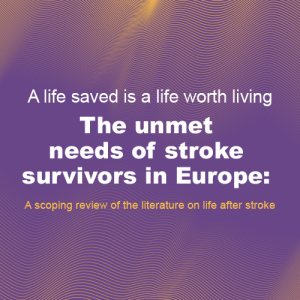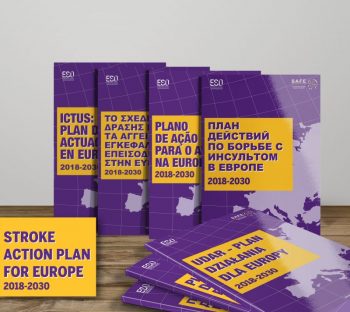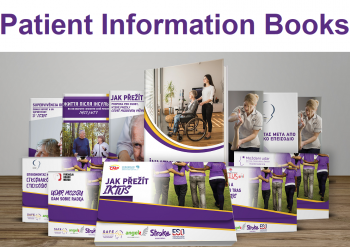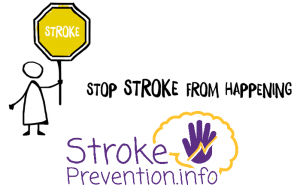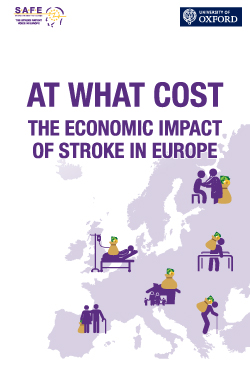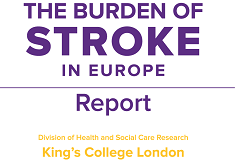
Feb 3, 2017
Oxygen after stroke – the PROOF trial
Can high-dose oxygen therapy reduce the effects of stroke? A new international study called PROOF, funded by the EU, will investigate.
An ischaemic stroke is the most common type of stroke. The arteries that supply the brain with blood become clogged by clots. This kills the cells at the centre of the stroke and puts those nearby at great risk. (more…)

Feb 1, 2017
A new study by researchers at the University of East Anglia (UEA) and the University of Glasgow has found that a low-cost therapy can improve the lives of stroke patients with vision problems.
A stroke can affect the way the brain processes the information it receives from the eyes which can cause a number of visual processing problems. The study aimed to test the effectiveness of visuomotor feedback training (VFT) in treating the most common of these, visual neglect, which happens when the brain does not process the information about what is seen on one side of space. (more…)

Jan 26, 2017
Source: Stroke Association UK, www.stroke.org.uk
Hanna Coles from Ferndown is taking on the Stroke Association’s Resolution Run on Sunday 19 March at Moors Valley Country Park in Ringwood.
Hanna, 25, was inspired to raise vital funds for the Stroke Association after her mother, Karen Groombridge, had a stroke in 2008, aged 52. (more…)
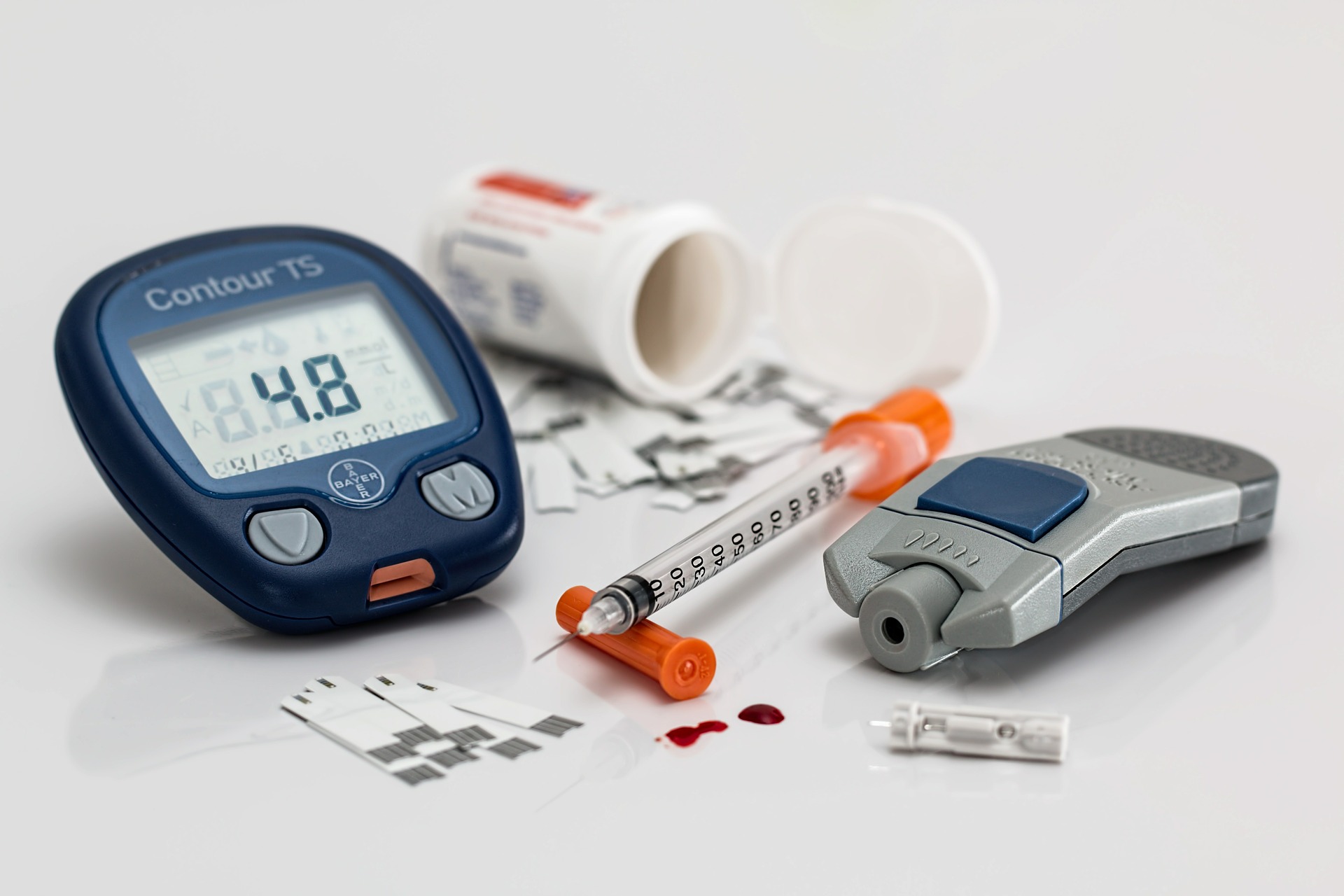
Jan 26, 2017
HealthDay News, published on neurologyadvisor.com
For patients with atrial fibrillation (AF), diabetes requiring insulin, but not diabetes without insulin treatment, is associated with an increased risk of stroke/systemic embolism, according to a study published in the Journal of the American College of Cardiology.
Giuseppe Patti, MD, from the Campus Bio-Medico University of Rome, and colleagues examined the differential role of insulin vs no insulin therapy on thromboembolic risk in a cohort of patients with AF. The authors compared the rates of stroke/systemic embolism at one year according to diabetes status. Data were included for 5717 patients; 1288 of these had diabetes, of whom 22.4% were on insulin. (more…)

Jan 25, 2017
On 25 January 2017, EBC and MEP Aldo Patriciello (Italy) host an AF-Related Stroke Policy Series Workshop in the European Parliament in Brussels. Moderated by Peter O’Donnell of Politico, the workshop focuses on highlighting the importance of pre-screening and early detection of AF to reduce the threat of stroke and features expert speakers in both AF and Stroke.
18% of strokes are associated with Atrial Fibrillation—the most common heart rhythm disturbance. The early detection of previously unknown arrhythmias, such as AF, can enable patients to receive timely and effective diagnosis and treatment in order to avoid possible future onset of stroke. (more…)






